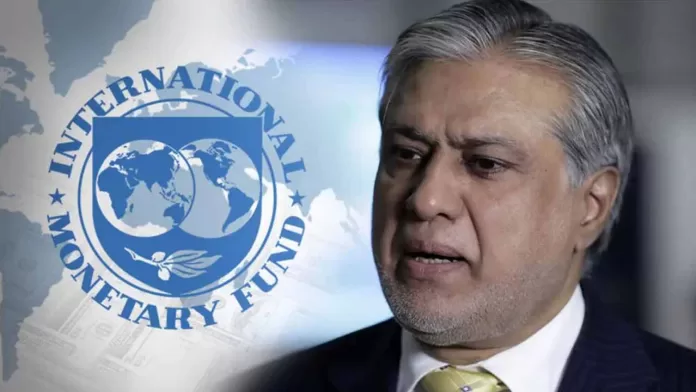The International Monetary Fund (IMF) and the Pakistani government are squabbling over who is to blame for the failure to restart the IMF bailout plan. In 2019, Pakistan received a $6.5 billion bailout package from the IMF, of which $1.1 billion is still owed.
The release of the cash has been hampered since November, meanwhile, by problems with adjusting fiscal policy. Concerns have been raised about the delay given Pakistan’s low foreign exchange reserves and dependence on the IMF package to meet its obligations to other countries.
Pakistan’s choices for extending the IMF plan are becoming more limited as time goes on because the current programme expires on June 30, 2023.
Also Read
The IMF is still awaiting approval on the final $2 billion from the World Bank and Asian Infrastructure Investment Bank, according to IMF sources, and is also looking for commercial loans from banks, despite Pakistani officials’ claims that the IMF is engaging in political games.
According to Geo, Dr. Khaqan Najeeb, a former adviser to the Ministry of Finance, has called for immediate action to prevent Pakistan from approaching default, including funding from friendly nations, the revival of the IMF programme, clarity regarding programme completion dates, and work on the budget for 2023–24.





